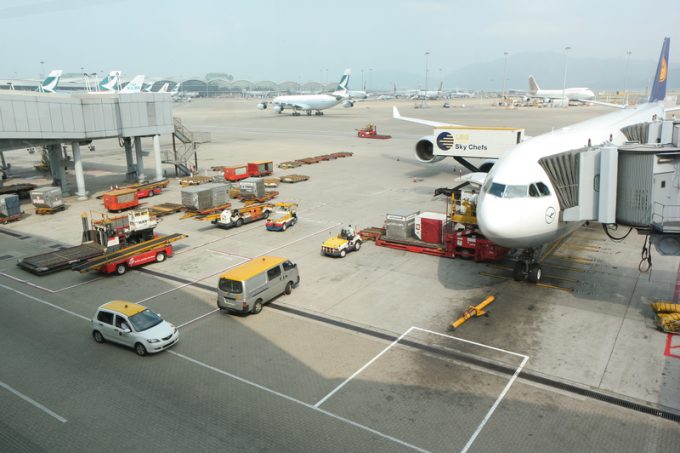More narrowbodies in airline fleets may mean opportunities for freighters
Narrowbody aircraft are on the advance in the transatlantic market. And their proliferation may open ...

The dangers of misdeclaring lithium ion battery shipments have again come to the fore.
A Chinese vape manufacturer, ShenzhenAbuFan Technology, has been blacklisted by Lufthansa Group carriers for all forms of airfreight, following an “incident” at Hong Kong Airport.
Vapes contain lithium ion batteries, which are highly regulated and must be packaged and ...

Comment on this article